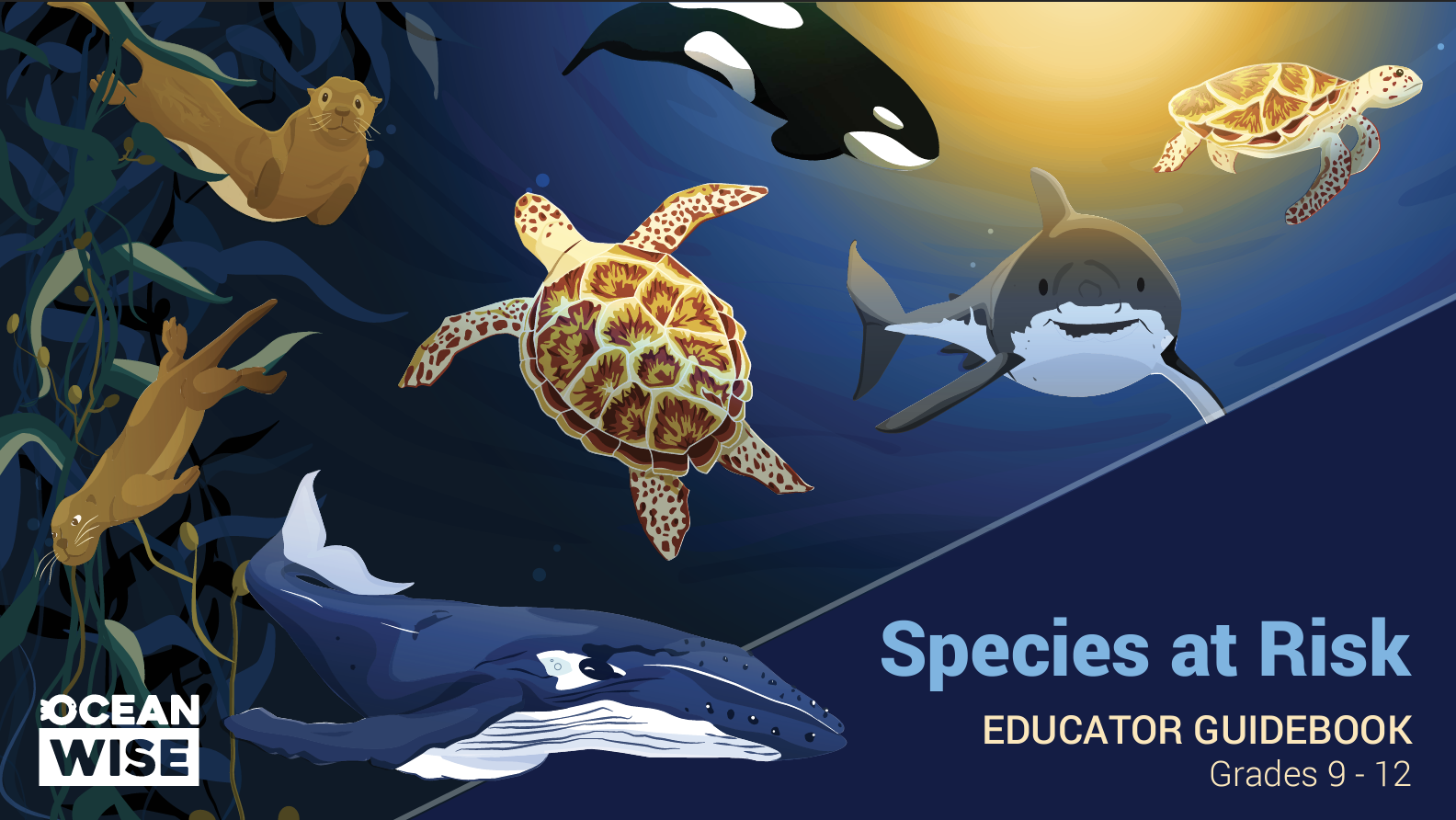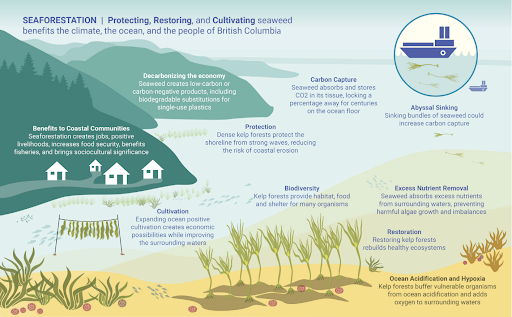Which SDG is this connected to?
The Issue:
Our ocean is the air we breathe, the food we eat, and even the water we drink. We are all connected to the ocean, even if we’ve never even seen it before! Without it, life on Earth would most likely be completely inhabitable to humans. Unfortunately, our ocean is in trouble. Issues like pollution, overfishing, and rising global greenhouse gas emissions pose an enormous threat to our ocean’s health.
The good news? There are so many different ways to “be ocean wise” and support a healthy ocean. Humans are the root of many of the ocean’s biggest problems, so it’s only fair that we be part of the solutions. Innovative solutions to the ocean’s biggest challenges are popping up every day. People are cleaning beaches, planting kelp and supporting biodiversity, investing in sustainable seafood, and using new technology to help ships avoid hitting whales in transit. Every person can have an impact.
The Game Design Prompt:
Think about some of the biggest challenges facing our ocean today including: climate change, overfishing, and pollution (sound, plastic, coastal runoff from agriculture, etc.). Design a game that proposes creative solutions to one or all of these challenges and inspires, educates, and activates your players to make a difference.
Which SDG is this connected to?
The ocean covers 70% of the Earth’s surface and has absorbed 90% of atmospheric warming from greenhouse gas emissions.
A humpback whale’s weight in plastic enters the ocean every 3 seconds.
1 in 3 fish species around the world are overfished.
Kelp grows 30 times faster than trees, sequesters carbon dioxide, and offers critical habitat for marine life.
Slowing down ships in whale habitat has been shown to reduce underwater noise and make it easier for whales to hunt and communicate.
As living creatures on planet Earth, we are intimately connected to the ocean, both in the past, the present, and our futures.
In Ocean Wise’s Species at Risk (SAR) education kit, each lesson addresses a species at risk through an Ocean Wise conservation initiative. Students will learn about the humpback whale and climate change, the killer whale and ocean pollution, the great white shark and bycatch, the hawksbills sea turtle and plastic pollution, and the sea otter and loss of kelp habitat, plus ways to take action to protect them! Equipped with the proper knowledge and tools, students will acquire an impactful learning experience to empower them to become ocean champions and stewards for at-risk species.
The Earth’s ocean and its interconnected systems depend on marine species to maintain the efficiency and balance of the functioning of their ecosystems. Their role in the sea has a direct impact on their health and our own. And yet, every day, thousands of animals fall victim to anthropogenic threats imposed on the ocean by human activity. It will take a profound, transformational change in humanity’s consciousness and behaviors regarding our oceans to ensure the protection of species. We believe this is possible by providing climate and conservation education to our youth to raise awareness of the interconnectedness between our lives and the ocean and the importance of the role that each species holds on our planet.

Learn more about plastics in the ocean with Ocean Wise’s Ocean Plastic Education Kit!
Dive deeper with these resources:

Kelp forests are rich habitats for marine life, including commercially important fish and invertebrates. The forests protect the coast from the impacts of extreme weather events. They naturally capture carbon in large volumes in seaweed tissue, some of which gets trapped in the ocean floor for centuries. And if we find ways to use fast-growing seaweed and work with its natural processes, seaforestation can be a powerful player in fighting climate change.
As a class, guess how pollution such as litter from your school could reach the ocean!
Lesson 6 of Ocean Plastic Education Kit from Ocean Wise
What you’ll need:
Instructions:
Explore the dirty dozen and the workbook activities. If you are up for it, actually lead and participate in an Ocean Wise Shoreline Cleanup at your school! Maybe even challenge fellow classes to join in or see who collects more litter. Be sure to track what you collect with data cards!
© Copyright Games for Change 2025